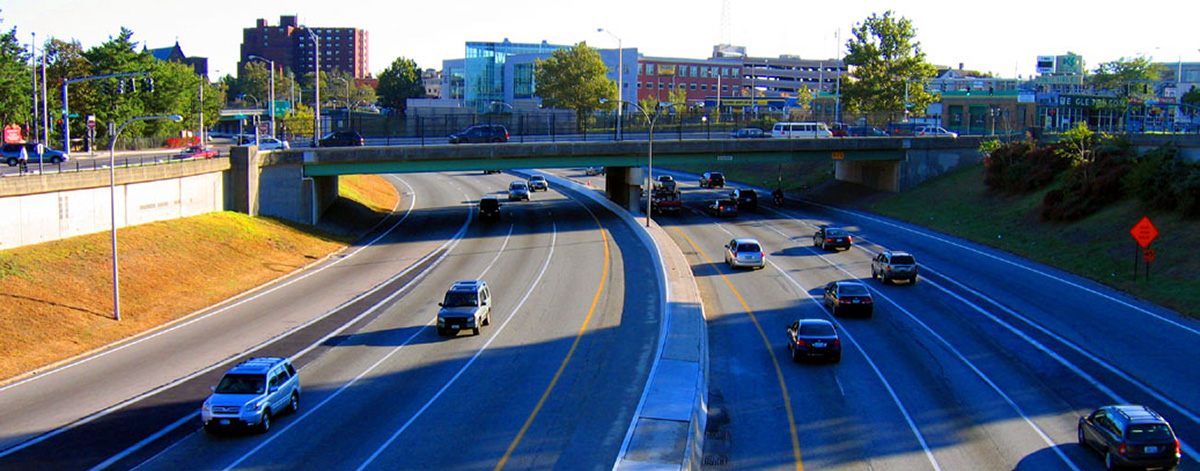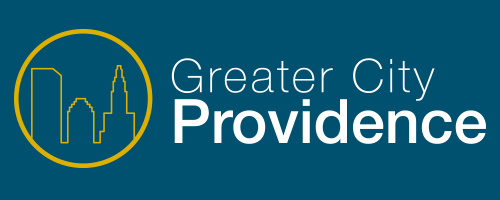
The Atlantic: Highways Destroyed America’s Cities
America loves its freeways. After the 1956 Federal Highway Bill created the pathway for a 41,000 mile interstate highway system, states and cities jockeyed for the funding to build ever-more extensive networks of pavement that could carry Americans quickly between cities. Sometimes, they built these highways right in the middle of cities, displacing communities and razing old buildings and homes.
[…]“Where urban highway construction did occur, in urban design terms, it was highly detrimental to the urban fabric; creating physical and psychological rifts that are extremely difficult to bridge and introducing a substantial source of noise and air pollution,” Shelton and Gann wrote. “Cities across the country continue to struggle with this legacy.”
Greater Greater Washington: 9 things people always say at zoning hearings, illustrated by cats
6. “What this neighborhood really needs is a coffee shop, not more apartments.”
For all the mean things people sometimes say about developers, a lot of folks seem to fashion themselves amateur land developers, with a keen eye on exactly what types of businesses will succeed or fail. As it turns out, those things coincide perfectly with the things they personally enjoy.
Genius, click-through to read it all (and see all the cats).
Pedestrians Observations When There’s Nothing Left To Burn, You Have To Set Money On Fire
Two recent news items have driven home the point that American construction costs are out of control. The first is the agreement between the federal government and the states of New York and New Jersey to fund the Gateway project, at a cost of $20 billion. The second is the release of more detailed environmental impact studies for high-speed rail on the Northeast Corridor; I previously expressed tepidly positive sentiment toward the NEC Future concept, but now there are concrete cost projections: the only full HSR option, Alternative 3, is projected to cost $290 billion. As Stephen Smith noted on Twitter, Alternative 3 is twice as expensive per km as the mostly underground Chuo Shinkansen maglev. As such, I am going to ignore other issues in this post, such as whether to serve Hartford on the mainline or not: they are real issues, but are secondary concerns to the outrageous cost figures.
Greater Greater Washington The Northeast Corridor carries more rail passengers than anywhere else in the country. What could it look like in 2040?
The Federal Railroad Administration recently unveiled their draft plans to improve rail travel across the northeast, from Washington to Boston. The plan will help set the stage for a potential transformation of train service in the mega region.
Today, Washington, Philadelphia, New York, and Boston are linked by a busy rail line known as the Northeast Corridor (NEC). The 457-mile line is the busiest passenger railway in the nation, carrying over 750,000 passengers each day on more than 2,200 trains.
But the corridor is desperately in need of investment just to bring it to a state of good repair. Several chokepoints mean that the line is currently operating near capacity, which means it can’t support expected growth in population, employment, or intercity travel.
Human Transit Self-Driving Cars: A Coming Congestion Disaster?
Much depends on whether these cars are owned or spontaneously hired like taxis, Uber, and Lyft. A taxi model is definitely better in its congestion impacts, but that doesn’t mean it will happen. The ownership model is closer to the status quo, and the status quo always has enormous power. Driverless taxis will not always be available on demand, especially in suburban and rural areas, so a legitimate fear of being stranded will make people in those areas prefer the security of having a car just for them. And of course, that’s just the effect of rational concerns about relying on taxis. Less rational desires for car ownership, as an expression of identity or symbol of liberty, will also not vanish overnight.





Add comment